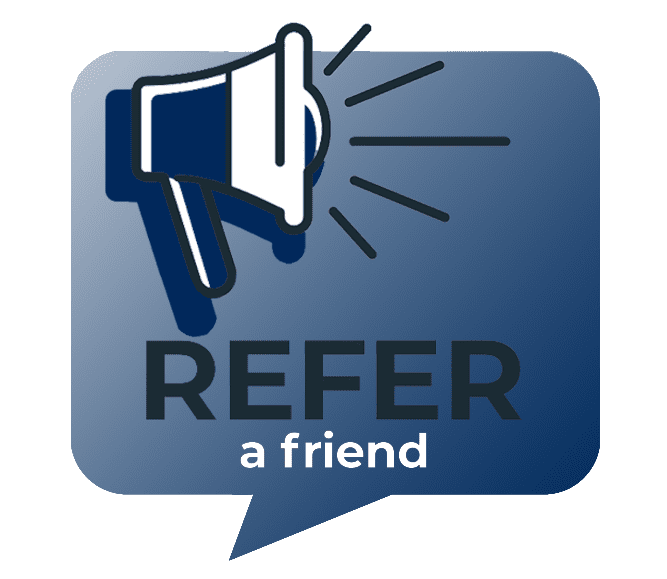Furlough. It’s a rare term to hear in the workplace until something like a government shut down or pandemic such as Covid-19 happens. There’s a difference between a furlough and a layoff and it’s extremely important for both employers and employees to understand them fully.
A furlough is when the employment is maintained but hours are reduced or the employee is placed on unpaid leave. This would make sense if an employer wanted to keep the employee and thought a temporary hardship would be better than terminating them completely. With a furlough, the employee may still qualify for unemployment as well.
Exempt employees (those not eligible for overtime) have to be paid their normal weekly salary if they do any work at all so it is usually, in a situation like our current Covid-19 quarantine, employers would encourage employees to NOT work at all. Non-exempt employees can be paid for actual hours worked without any further pay implications.
Typically, the furloughed employee can keep their health insurance but will be responsible to pay their portion of the premiums throughout the furlough. Often times, companies will restore employment following a furlough and provide back the following:
– Retention of seniority
– Maintained benefits such as health insurance with no lapse in coverage
– The ability to use any PTO/vacation time/sick leave as accrued
A layoff is less promising as it’s usually permanent but a temporary layoff could be an option if it’s just due to a short period of time where there is no work for that employee. A layoff does include actual termination of employment, whereas the above mentioned benefits would not apply.
In an ideal world, neither furloughs or layoffs would happen. However, as we’ve quickly learned, they can become reality and we all need to be prepared to make appropriate arrangements in the event something like this occurs.



